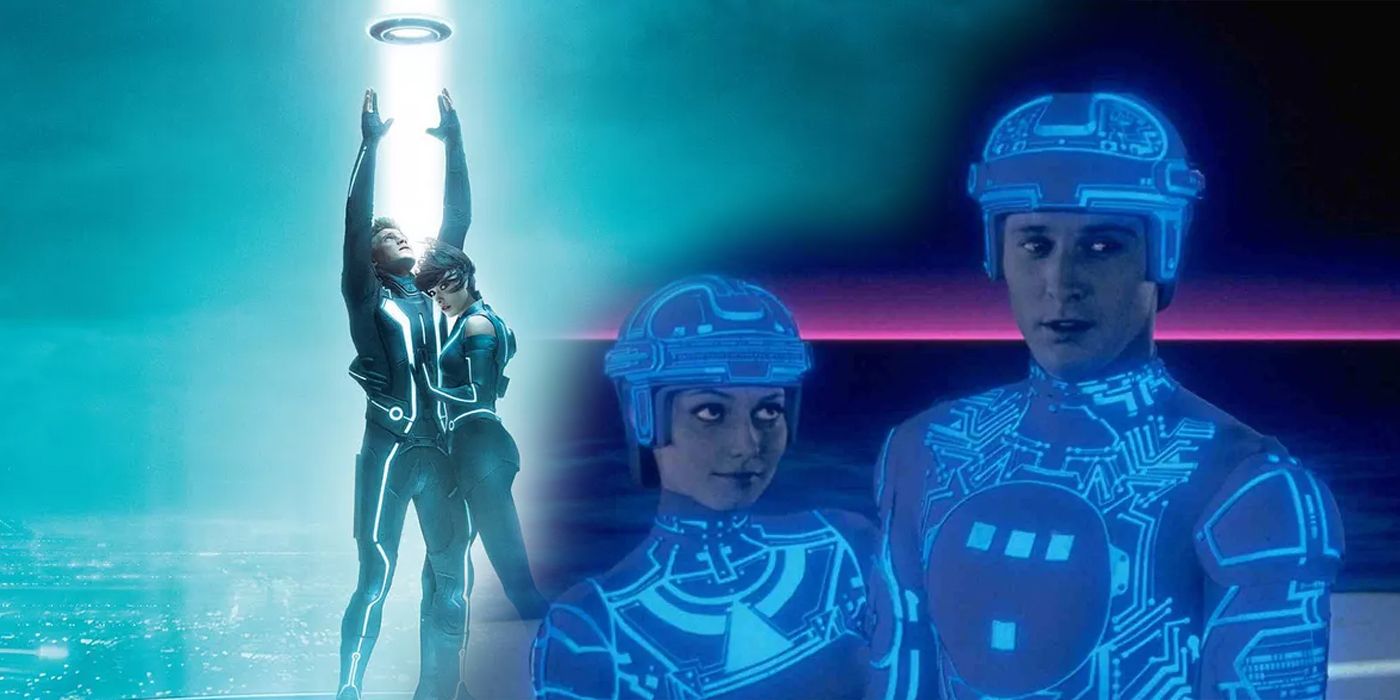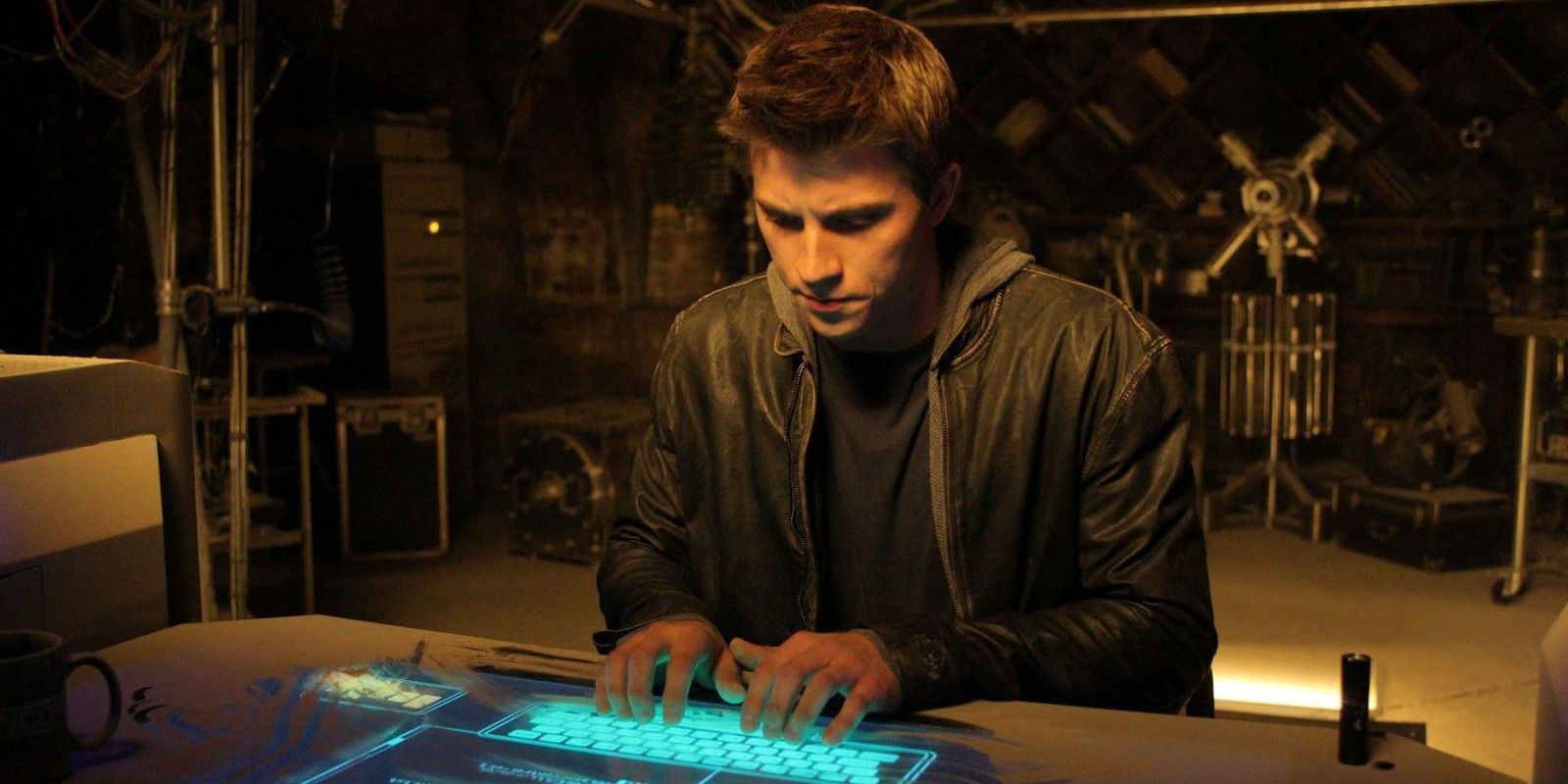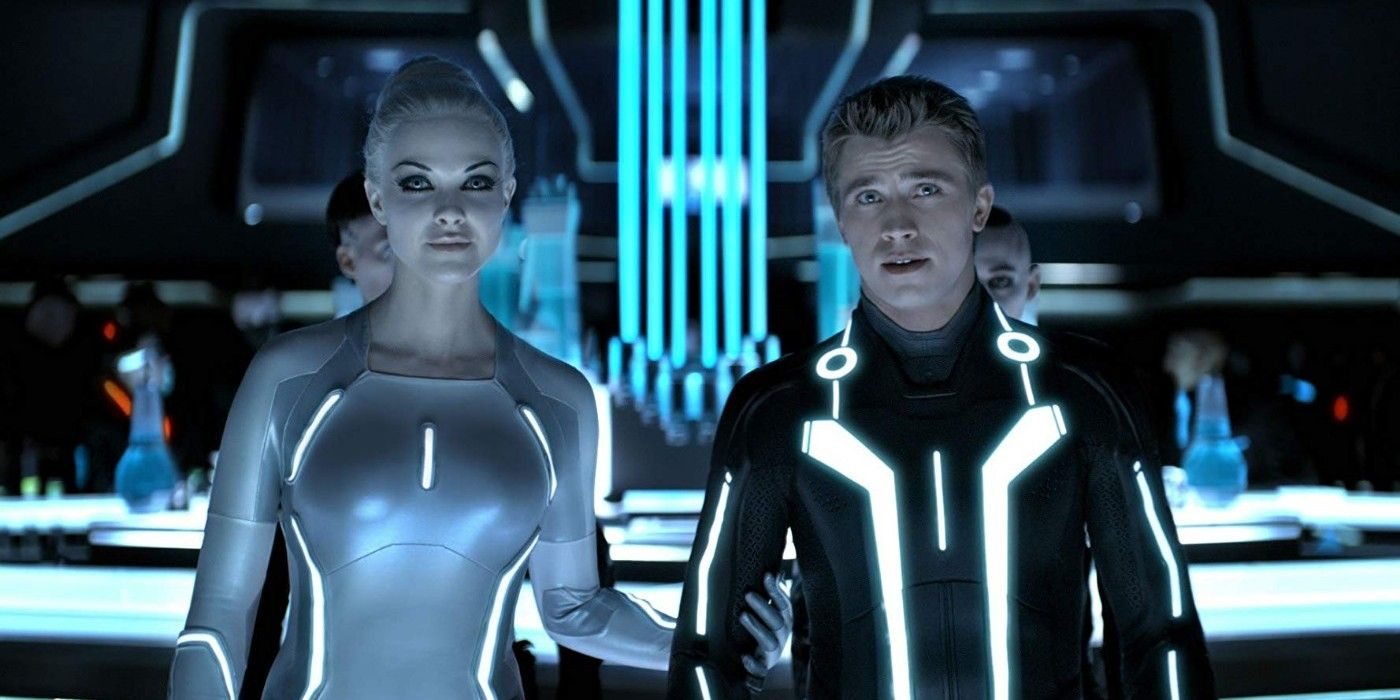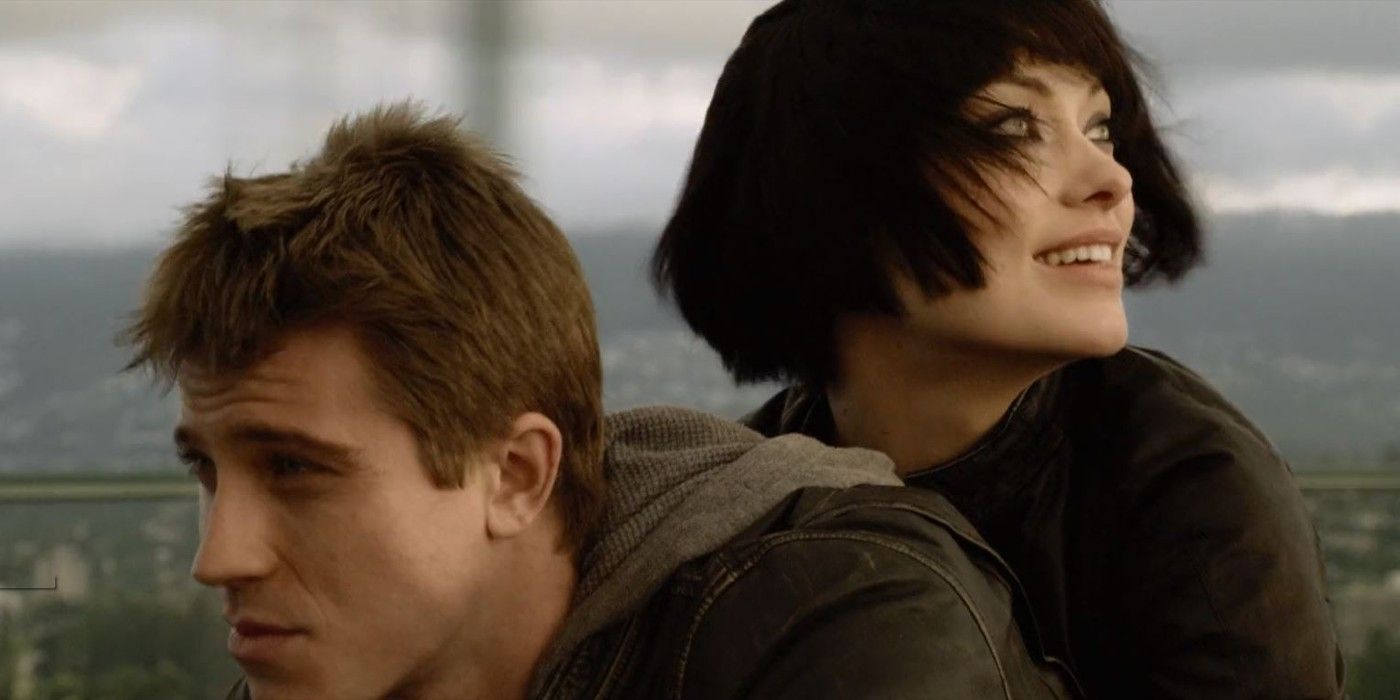It took Disney 28 years to release a sequel to their cult sci-fi hit Tron, so why wasn’t their lavish follow-up TRON: Legacy enthusiastically received? In 1982, The Walt Disney Company was in a very precarious position. The studio had never truly found steady ground to work on or consistent success following the death of Walt Disney in 1969. His older brother Roy O. Disney took over as chairman, CEO, and president of the company, and their new objective was seemingly to make the kind of movies that Walt would have approved of. It proved to be a mixed strategy, with some hits but a lot of mediocre grosses. One way that Disney tried to diversify its output was through dabbling in more mature fare aimed at slightly older children, with hopes that the company could tap into the success of 20th Century Fox's record-breaking Star Wars series. This resulted in films like The Black Hole, The Watcher in the Woods, and Tron.
Only the last of those three has lingered in the public's imagination since its release. While Tron was only a moderate success at the time, it has remained a cult favorite throughout the years. The revolutionary special-effects and storyline centered on a computer programmer who finds himself transported inside his software resonated with sci-fi fans. Tron's unique visual style and use of backlit animation inspired many in the film industry, including the team at Pixar. Still, the film wasn’t big enough at the time to warrant a sequel, nor was Disney in a sturdy enough position to support an entire series of its kind. It wouldn’t be until close to three decades later that the company would decide to make Tron into a franchise. The first stop: Creating TRON: Legacy.
In 2010, TRON: Legacy premiered amid a flurry of hype. The directorial debut of Joseph Kosinski, the movie was an official sequel to Tron that followed the adult son of that movie's protagonist, as played by Jeff Bridges. The movie had been many years in the making and Disney pulled no punches. This was a blockbuster they wanted to make into a huge hit, from the $170 million budget to the hiring of no fewer than ten companies to work on the special effects to the impeccable choice of Daft Punk to compose the movie's score. A tie-in manga was released, alongside video games, with an animated Disney XD series, TRON: Uprising, set to premiere the following year.
Disney wore their ambitions on their sleeve with TRON: Legacy. They wanted a potential franchise to develop that could stand alongside The Pirates of the Caribbean, their most successful live-action property (while they had acquired Marvel Entertainment the year before, they would not distribute their first movie in the MCU until 2012 with The Avengers.) Sadly, it didn’t work out that way. While TRON: Legacy was nowhere near a flop, it clearly wasn’t the major commercial or critical hit that Disney was hoping for. From a reported budget of $170 million, the film grossed around $400 million worldwide, and reviews were decidedly mixed. There simply wasn’t enough audience enthusiasm to warrant further investment in this project. So, what went wrong?
TRON: Legacy Was Focused On Its Technology & Visuals
The obvious hook for both Tron movies lies in their astounding special effects. There are 1,565 visual effects shots in TRON: Legacy, all of which blend a variety of CGI styles and approaches, as well as creating an entirely computer-generated younger version of Jeff Bridges. There's a reason that the effects remain the standout part of TRON: Legacy, even with critics who denounced the film. They truly are gorgeous. However, that laser-minded focus on the VFX over all else hindered the movie in various ways.
One cannot make a film solely for its CGI potential. Audiences need something more to latch onto. While TRON: Legacy has a sumptuous visual and audio aesthetic – the Daft Punk score remains a real highlight – but little in terms of thematic or character heft. It’s a movie that takes itself incredibly seriously, but the wafer-thin plot and motivations undermine the film's credibility. By 2010, audiences were growing used to the proliferation of CGI. Avatar had been released the year before and set a new standard for what viewers could expect, and indeed demand, from such movies. Eventually, it became mundane. One of the reasons that Avatar evaporated so quickly from public consciousness, despite being the highest-grossing movie of all time for an entire decade, was because there was nothing tangible for audiences to latch onto beyond its admittedly wonderful effects. You can dazzle your viewers with a pure sensory onslaught, but if there’s no other reason to care then they simply won’t.
TRON: Legacy's Characters & Performances Weren't Good Enough
The lead of TRON: Legacy is Garret Hedlund, who, at the time, had yet to break out in a major way. His role in this movie was positioned as his first major step into the Hollywood A-List. Since then, Hedlund has proven his mettle in movies like Inside Llewyn Davis, Mudbound, and Triple Frontier, but with TRON: Legacy, he seemed miscast and uncomfortable with what is admittedly an underdeveloped stock leading man role. It’s not easy acting against nothing, but in the context of the film itself, Hedlund just looks bored with his amazing surroundings and oddly unimpressed with everything he encounters.
He’s not the only one struggling with this job. Olivia Wilde, who plays Quorra, has great on-screen presence but is saddled with a terrible character that veers into some seriously discomfiting levels of misogyny. As detailed by the YouTube series Pop Culture Detective, she's a perfect example of the "born sexy yesterday" trope: A woman defined both by her immense sex appeal and her intense childlike naivety, a figure created almost entirely to be leered over or as a prize to be won by the male protagonist.
Not even Jeff Bridges emerges unscathed from the film. Bridges remains one of American cinema’s most distinctive actors, but in Tron: Legacy, he practically blends into the background. The idea of Flynn being a jaded genius in exile of his own creation is a fascinating development for the character, and it’s probably the most cohesive arc anyone gets in the movie. The problems come when Bridges is tasked with playing the younger evil version of himself. The technology just wasn’t there yet and the dead-eyed uncanny valley is tough to stomach.
The real star of the movie in terms of the actors ends up being Michael Sheen, who brings some much-needed camp frivolity to the proceedings as Castor, a lascivious program who’s an obvious tribute to figures like David Bowie and Tim Curry. Sheen is clearly having the time of his life in the role and he brings such zest to the picture that you feel his absence whenever he is off-screen.
TRON: Legacy's Story Is Simply Too Boring
It would be something of an exaggeration to claim that Tron’s enduring popularity with fans was rooted exclusively in its plot. Its focus was clearly less on story and character than visual uniqueness, something that would help it stand out in an increasingly crowded market of Star Wars knock-offs while Disney tried to find its footing in a precarious decade. Still, what it did have, amid its often contrived beats and derivative set-up, was real forward momentum and a dynamic blend of retro and modern. It’s a classic hero’s journey full of tasks he must complete to save the day, mixed with the boundary-pushing technology that proved to be Tron’s major hook. The film did its job well enough to allow audiences to accept these flaws.
A big issue with TRON: Legacy is less rooted in its bland story than in its disappointing wasting of potential. In 2010, video games were a mainstream norm, a major part of pop culture that has helped to shape decades of storytelling and creative expectations. Stories of the omnipresence of technology and its growing grip on our daily lives make up a significant portion of sci-fi fiction, and the world of Tron feels perfectly suited to such a narrative. So, it's a real shame that TRON: Legacy has all of these fascinating angles to explore yet it does nothing with them. The end result is somehow portentous yet deeply shallow. It’s not much to hang an entire franchise on.
Rumors of a third Tron movie have swirled for years since Legacy's premiere. Jared Leto has reportedly been attached to the film for a while now, and this month saw further fuel added to the speculation, with The Disinsider reporting that the third film is still in development as a sequel at least of sorts that would allow the cast of TRON: Legacy to return. Tron is still a sizeable investment for Disney. The Tron Lightcycle Power Run proved to be a big success at Shanghai Disneyland and a Magic Kingdom version is set to open next year. Disney builds its brands more efficiently than any other studio, and it would certainly benefit them to have another live-action franchise to add to their ever-growing stack of IPs. Whether or not they can finally make it happen with Tron remains to be seen.




